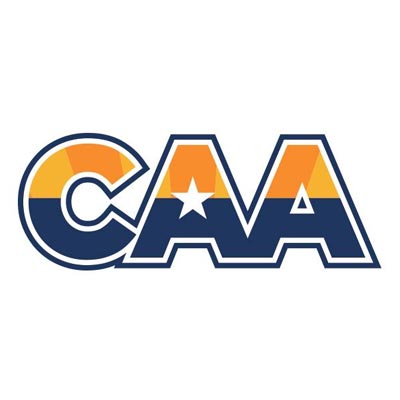(The Center Square) – California’s controversial expansion of its low-emission fuel standard, which the state said will increase fuel costs by $162 billion through 2046 and which experts say will add up to an extra $1.15 per gallon of gasoline this year, is on hold by the Office of Administrative Law.
In November, the California Air Resources Board, all but two of whose voting members are appointed by the governor, approved the Low Carbon Fuel Standard’s tightening of greenhouse gas emissions standards.
The standards use a system of credits and deficits to reward or punish producers that make fuel better or worse than the rising “clean” standard.
The new standards would have created an estimated $105 billion in electric vehicle charging credits and $8 billion of hydrogen credits, largely from fees on gasoline and diesel fuel.
Most of the EV credits would have gone to EV makers and EV-charging network owners, as the terms and conditions for even at-home charging systems generally allow only the manufacturer, not the user, from collecting the credits.
CARB says new LCFS standards also would have imposed over $1 billion per year in new costs for refineries, which are already threatening to leave the state due to regulatory costs.
With much of both Nevada and Arizona dependent on fuel from California refineries, such shutdowns could impact the fuel supply of tens of millions of Americans and require the costly importing of fuel from abroad, which would further back up California’s already-struggling ports.
“Today, OAL sent CARB a Notice of Disapproval of a Regulatory Action of those amendments pursuant to Government Code section 11349.3” wrote CARB. “CARB anticipates receiving more information from OAL detailing its reasons for the decision soon. As shown in the notice of disapproval, OAL has identified inconsistencies of specific regulatory amendment provisions with the clarity standard in Government Code section 11349(c).”
Section 11349(c) explains that “clarity” means “written or displayed so that the meaning of regulations will be easily understood by those persons directly affected by them.” That suggests that OAL has decided that CARB may not have sufficiently explained the true and complete costs of the vast LCFS expansion to those impacted, which would essentially be every Californian, given the role of transportation in economy and day-to-day life.
CARB says it will use its power to rewrite and submit amendments to OAL within 120 days of receiving the full details for OAL’s decision. If the issues require only grammatical and other non-substantive changes, the rules could still go through, while substantive changes would create another public comment period.







